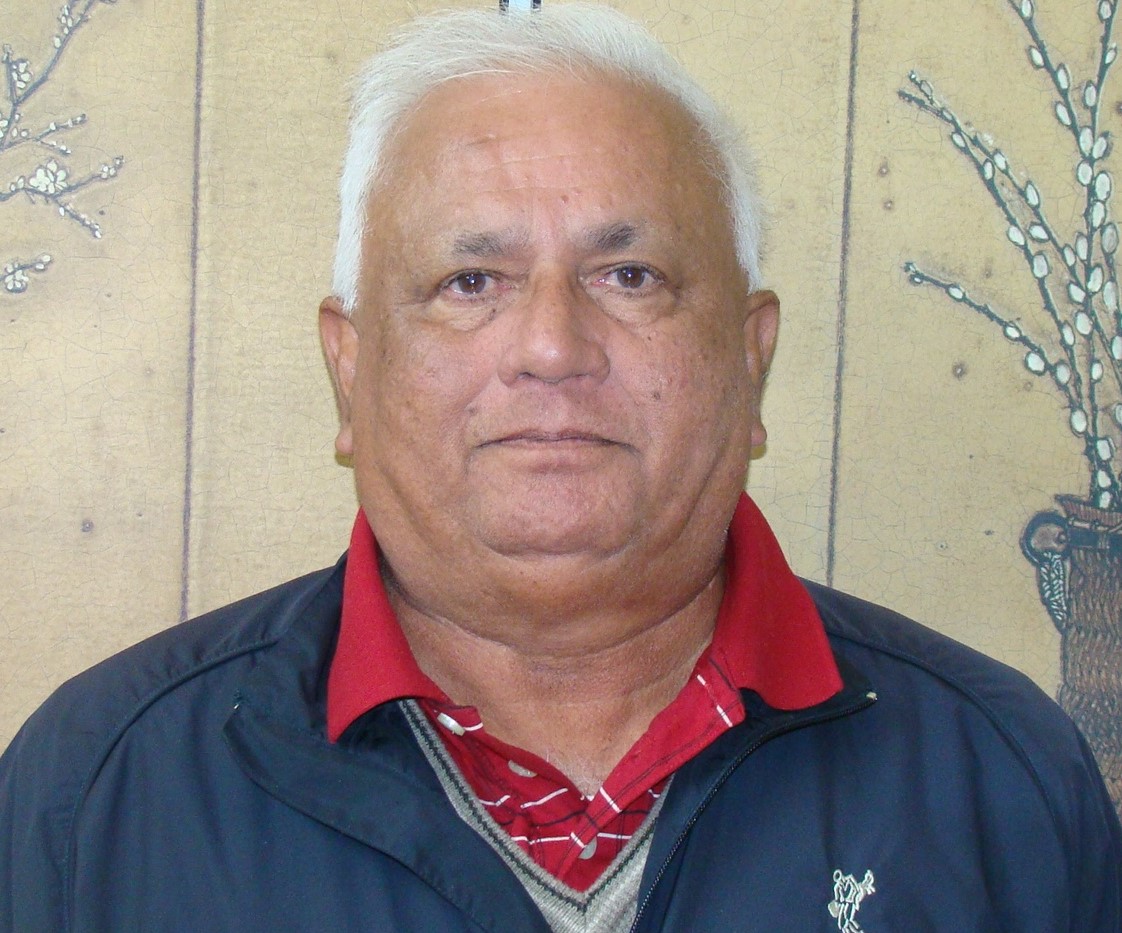Sordid corruption stories around the globe are a political lightning rod. They bring citizens onto the streets to topple public officials accused of wrongdoing. A majority worldwide consider rising corruption in their societies negatively affecting their lives and futures. As expected, the public is harder on official dishonesty during economic malaise versus good economic times.
It is a truth universally acknowledged that corruption, greed, and lust for power are vices that only bring suffering. Yet, corruption thrives as authoritarian and democratic leaders steal from the national treasury, crony capitalists benefit from tax evasion, and corrupt public officials line their pockets with bribes. From kleptocracies to democracies, no country is immune to corruption.
Corruption is as toxic as it is pervasive. No matter how small, exploitation for self-gain disproportionately taxes the underprivileged. It weakens meritocracy in governance and curbs free market competition. In the long term, these processes increase social inequality and erode democratic institutions.
Shocking cases of the rich and the well-connected laundering their illegal assets through serpentine networks of shell companies or transactions involving real estate, art, and sometimes cryptocurrencies make titillating headlines.
According to the United Nations, an estimated US$1 trillion annually is paid in bribes, and US$2.6 trillion is stolen through corruption. Together, this sum represents 5% of the annual global GDP. In addition, 10 percent to 25 percent of the value of public contracts may be lost to corruption.
In the worst cases, political elites have designed policies to enrich themselves at the expense of the poor through a disproportionate allocation of public resources and services. The swamp of corruption erodes trust in the government and undermines the social contract. A sure sign of a failing state is a rigged system in which the rich and the powerful break the law without consequences and put self-interest above the national interest.
The public tolerates and is complicit in low-level corruption; for instance, bribing a municipal official or police officer. According to Transparency International, an astounding 1.6 billion people globally routinely pay petty bribes, extend in-kind favors, and pull strings to get desired goods and services in the public sector.
But high-level corruption involving the unholy nexus of politicians, bureaucrats, and business owners attracts the ire of the public, fueling social protests. For example, kickbacks facilitate awarding of contracts, concessions, and stakes in privatized companies. "Grand" corruption takes resources from citizens, undermines public trust, and - ultimately - threatens a country's progress.
Countries have struggled with high-level corruption because of its deep tentacles in state and society. Kleptocracies with occasional show trials of senior officials involved in amassing ill-gotten wealth followed by a swift bullet could not eliminate corruption. In democracies, where the legal process takes precedence, dishonesty is much harder to punish.
Interestingly, despite pervasive corruption and imperfect institutions, rising economies in East Asia have attracted foreign investment and delivered good governance. Bribery and corruption have not prevented wealth creation and development. As a result, most countries in the region have achieved significant economic growth and poverty reduction. But fragile countries in Africa and South Asia have done less well. Leadership success or failure is the fundamental difference between the regions.
The role of political parties in systematic corruption is often in the public spotlight in developed and developing countries. Party finance and illicit funding and its connection with graft are the subjects of intense debate, media investigation, and judicial prosecution. It raises serious questions about the quality of democracy and political systems in many nations.
The best strategy in the anti-corruption battle is for countries to develop effective independent institutions to manage corruption. Undoubtedly, the intensity and efficacy of institutions in monitoring and prosecuting potential corruption activity can make a difference. From the political perspective, the public must scrutinize and choose leaders untainted by corruption to hold the levers of power. A very tall order indeed.





